How To Save Coffee: Lessons From the Degrowth Movement
Coffee is increasingly at risk from the climate crisis, and corporate-driven incremental change won’t save it. The theory of degrowth offers hope for a better world and a fairer coffee industry.
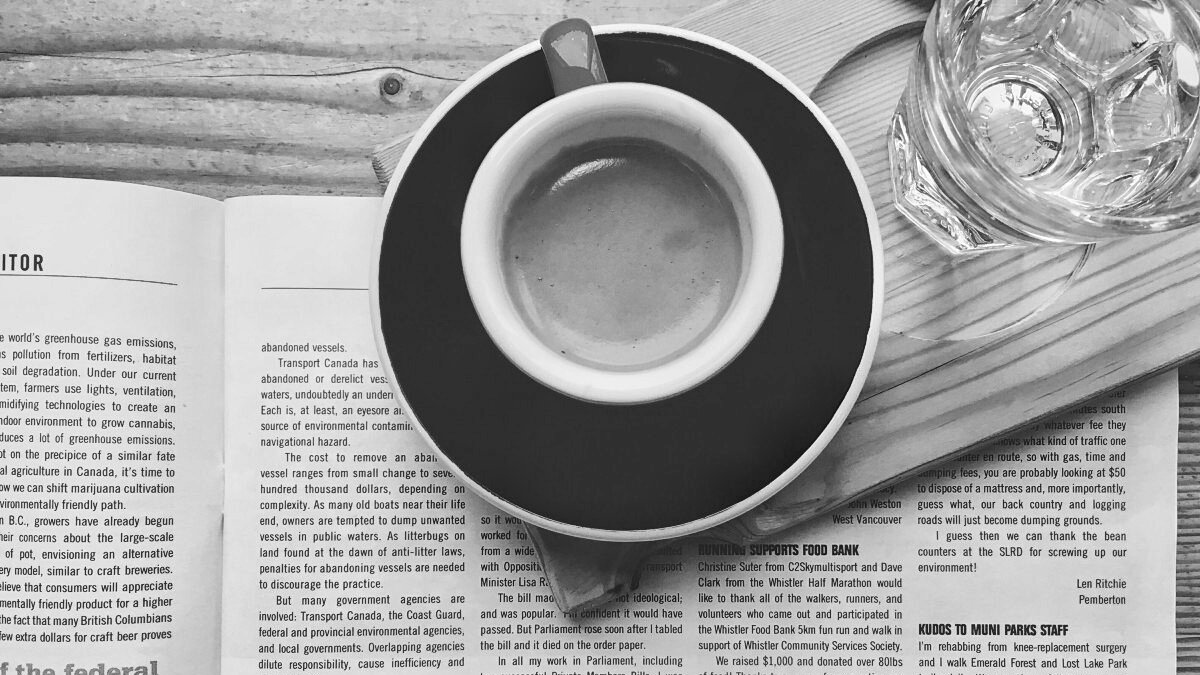
An espresso cup sits atop a magazine on a table, seen from above. Via PxHere
Welcome to another edition of the Coffee News Roundup. All the news that’s fit to print, so long as that news is about coffee. And it won’t be printed, obviously. You get the idea.
Let’s take a look at what’s been going on this week, shall we.
This news roundup reported on the unionization moves of workers at Colectivo Coffee a few weeks ago, but things have really moved on fast since then.
Back in August, citing concerns about workplace safety in the midst of a raging pandemic, workers at the local Milwaukee specialty chain partnered with the the International Brotherhood of Electrical Workers to explore their collectivizing options.
Now, Colectivo is closing stores (temporarily, blaming the pandemic), downsizing (including firing workers involved in unionization), sending anti-union letters to staff, and hiring a “union avoidance” consultancy.
This great article in Urban Milwaukee details Colectivo’s union busting moves, including the hiring of Labor Relations Institute (LRI), an Oklahoma-based consultancy that specializes in “maintaining the union-free workplace.” Right.
Among its services, which it charges upwards of $3,000 per day for, LRI sells No Vote buttons, strike calculators that “communicate the often complex idea of how much money a strike could cost an employee and his or her family,” and provides opposition research. Against a bunch of concerned service industry workers—seems like a fair fight.
Meanwhile, Colectivo has been shortlisted as one of three finalists for Roast Magazine’s Macro Roaster of the Year award, the blurb for which describes the company as believing in “providing everyone with a remarkable experience, and that guides the way we support our co-workers. We provide a professional and safe work environment.” (Update: they didn’t win.)
In a letter to unionizing workers from Colectivo ownership, the company claimed that, if they voted for a union, the “fun, camaraderie, and flexibility in our jobs — yours, ours, everyone that we work with — would be replaced by contracts and boundary lines.”
Oh no.
Read the full story in Eater here.
Although it doesn’t specify exactly how pay will be affected, Starbucks has announced plans to tie executive remuneration to diversity targets next year.
The company is aiming for 30% Black, Indigenous and People of Color (BIPOC) employees at the corporate level by 2025, and 40% across retail and manufacturing. Currently, the number of BIPOC employees at the level of senior vice president or above stands at 18.5%, according to CNN.
Starbucks also announced the launch of a mentorship program, “connecting employees of color with senior leadership and including anti-bias materials into hiring, development and performance assessment processes, among other things.”
This comes after several years of scandals regarding the company’s relationship with its minority employees and customers, including accusations of pay discrimination at a Starbucks airport subcontractor and the arrest of two African-American men for existing in a Philadelphia Starbucks in 2018.
Read the full story here and then read the story linked below about diversity and equity in Bay Area specialty coffee.

Coffee cherries on a branch
These East Bay Coffee Businesses Say Equity And Diversity Shouldn’t Be An Afterthought
Americans Still Drinking 3 Cups Per Day, But More at Home, NCA Report Shows
Final Candidates Have Been Announced For The 2020 SCA Board
Colectivo up there basically covered this, I think.
A quick little story this week which concerns Bellwether Coffee, maker of those ventless in-cafe coffee roasters, launching a “tip the farmer” program. Basically, it adds a 5 cent “surcharge” to each drink at a cafe’s point-of-sale, which Bellwether then collects and “distributes it in full to the farmers it buys coffee from.”
Which, as always, great. Good for them, I guess. But tipping in general is bad, and ingraining the concept further into the coffee industry is also bad. Why not simply pay more for the coffee in the first place? Oh yeah, because then it’s just paying for goods and not marketable.
Nothing to report this week. I’m going to take that as good news.
One of my favorite roaster discoveries of the past few months has been Circadian Coffee in Indianapolis. Apart from being relatively local, I especially appreciate the focus on blends—blends roasted for pour over, blends not roasted too dark.
Although I’m currently working through their Nicaragua Finca Los Papales, a single origin, next up is the Solstice Blend, which I’m excited about.

A person sits on the floor reading a book. via Unsplash
Raíces: The Erasure Of Afro-Latinos In Coffee by David J. Dávila
These Sisters Opened A Coffee Shop In The Bay Area Amid The COVID-19 Pandemic by Dana Givens
Open Call For Halloween Fiction Submissions by Sprudge
Until next week, drink good coffee.
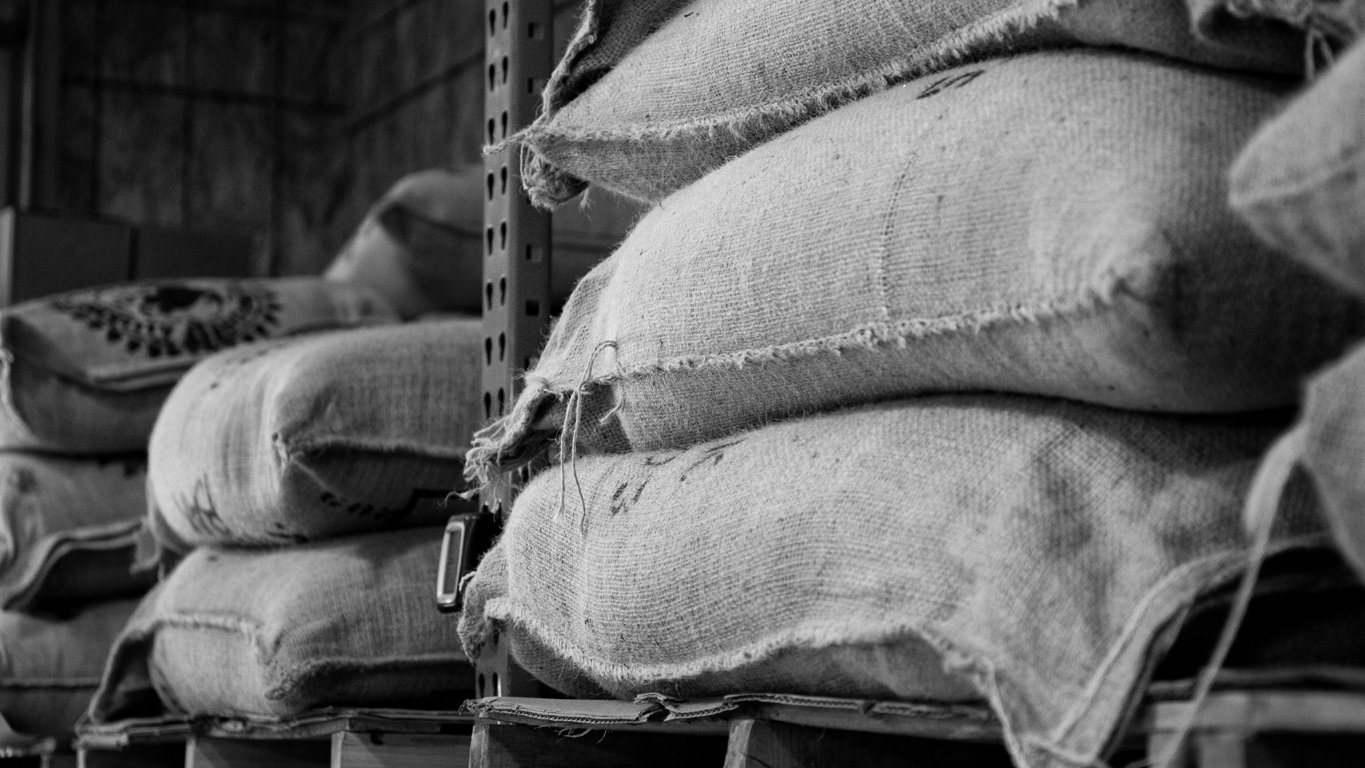
Nov 24, 2023 Connecting the Dots: Inside the 2023 Coffee Barometer Nov 24, 2023 Nov 24, 2023
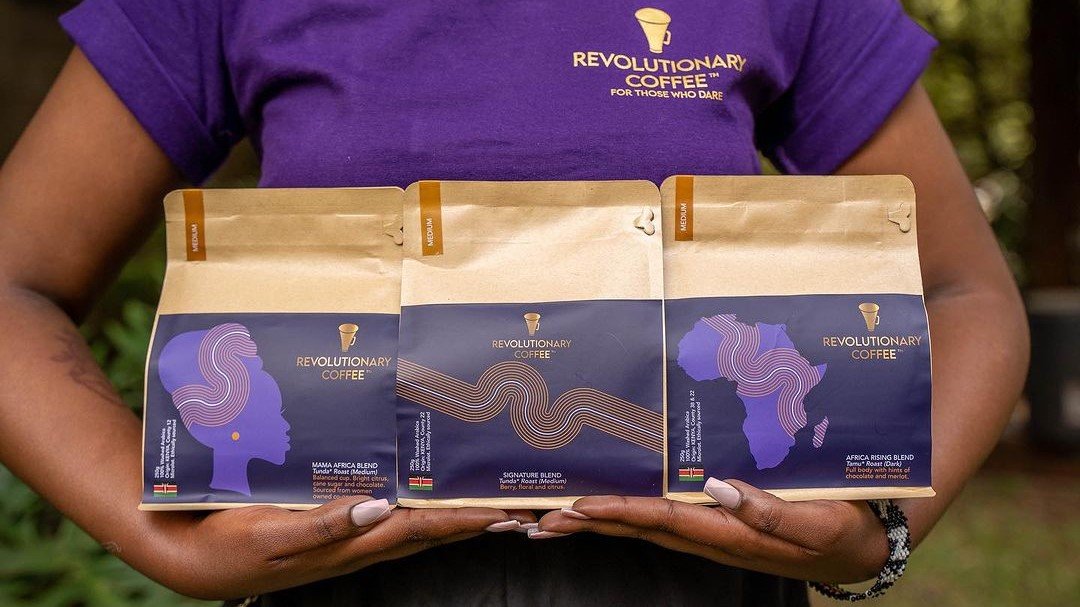
Oct 21, 2023 'Specialty Coffee Should be Enjoyed by Those Who Grow It': The Farmer's Daughter Joining Kenya's Coffee-drinking Revolution Oct 21, 2023 Oct 21, 2023
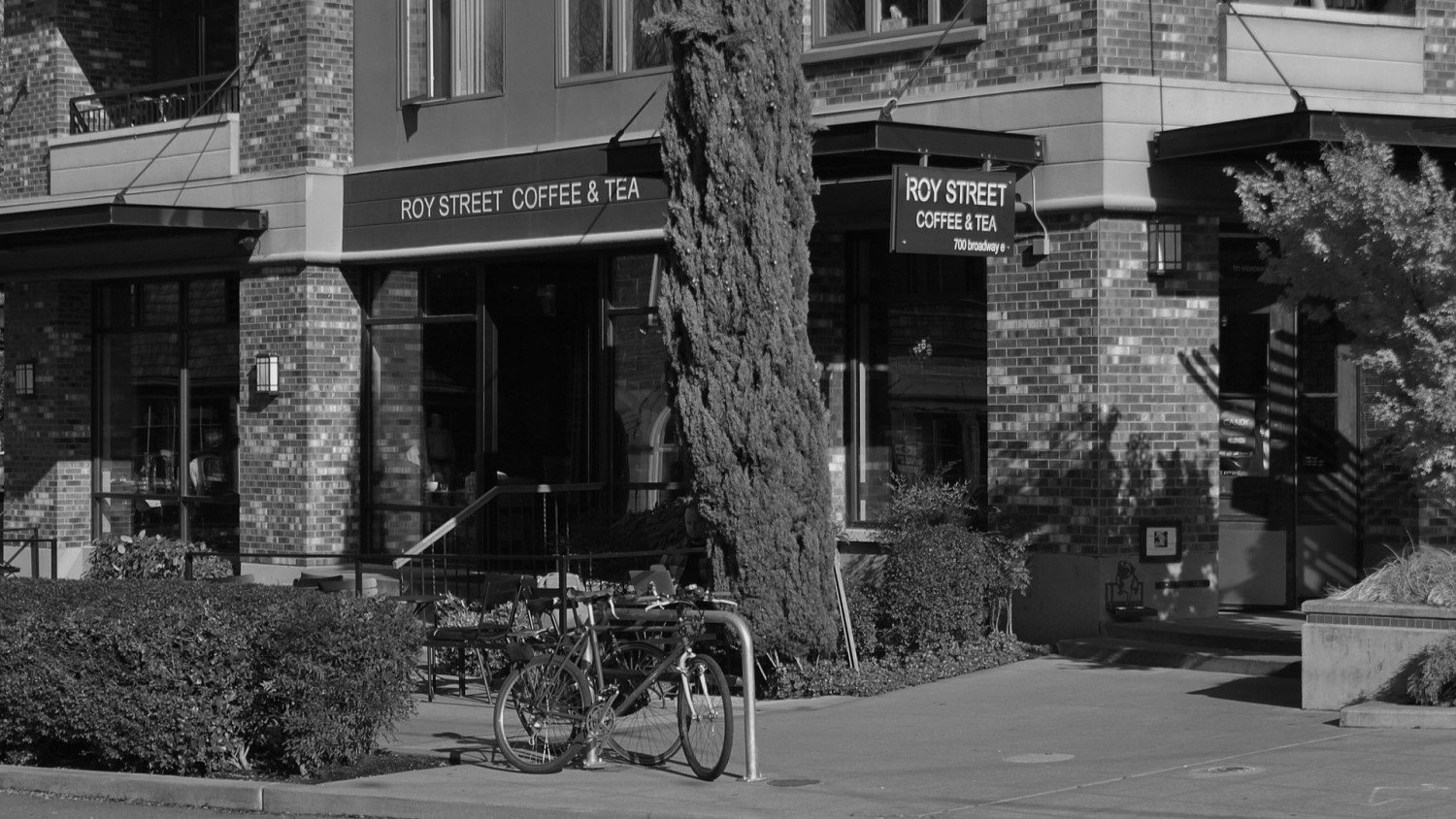
Oct 6, 2023 Stealth Starbucks: A Premonition of Modern Specialty Coffee Oct 6, 2023 Oct 6, 2023

Sep 22, 2023 Can the Coffee Change Fund Save Coffee? Sep 22, 2023 Sep 22, 2023
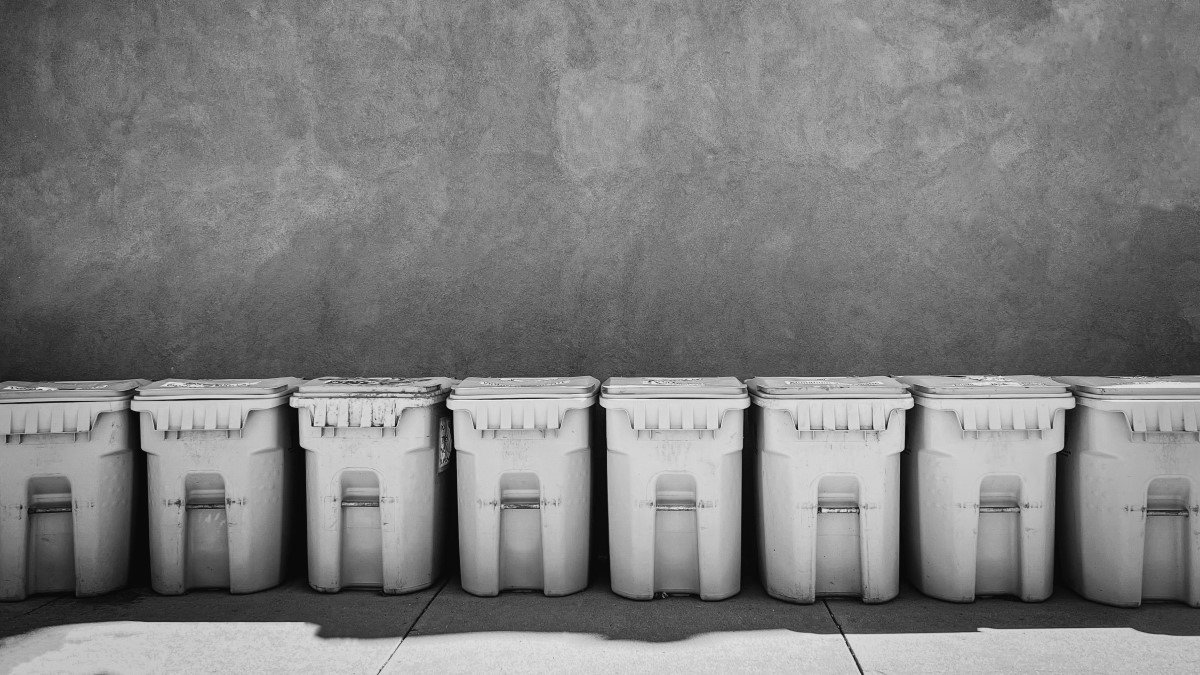
Sep 8, 2023 Upcycled Coffeewashing Sep 8, 2023 Sep 8, 2023

Aug 25, 2023 From A Concerned Farmer Aug 25, 2023 Aug 25, 2023

Aug 11, 2023 Philly is a (Coffee) Union Town Aug 11, 2023 Aug 11, 2023
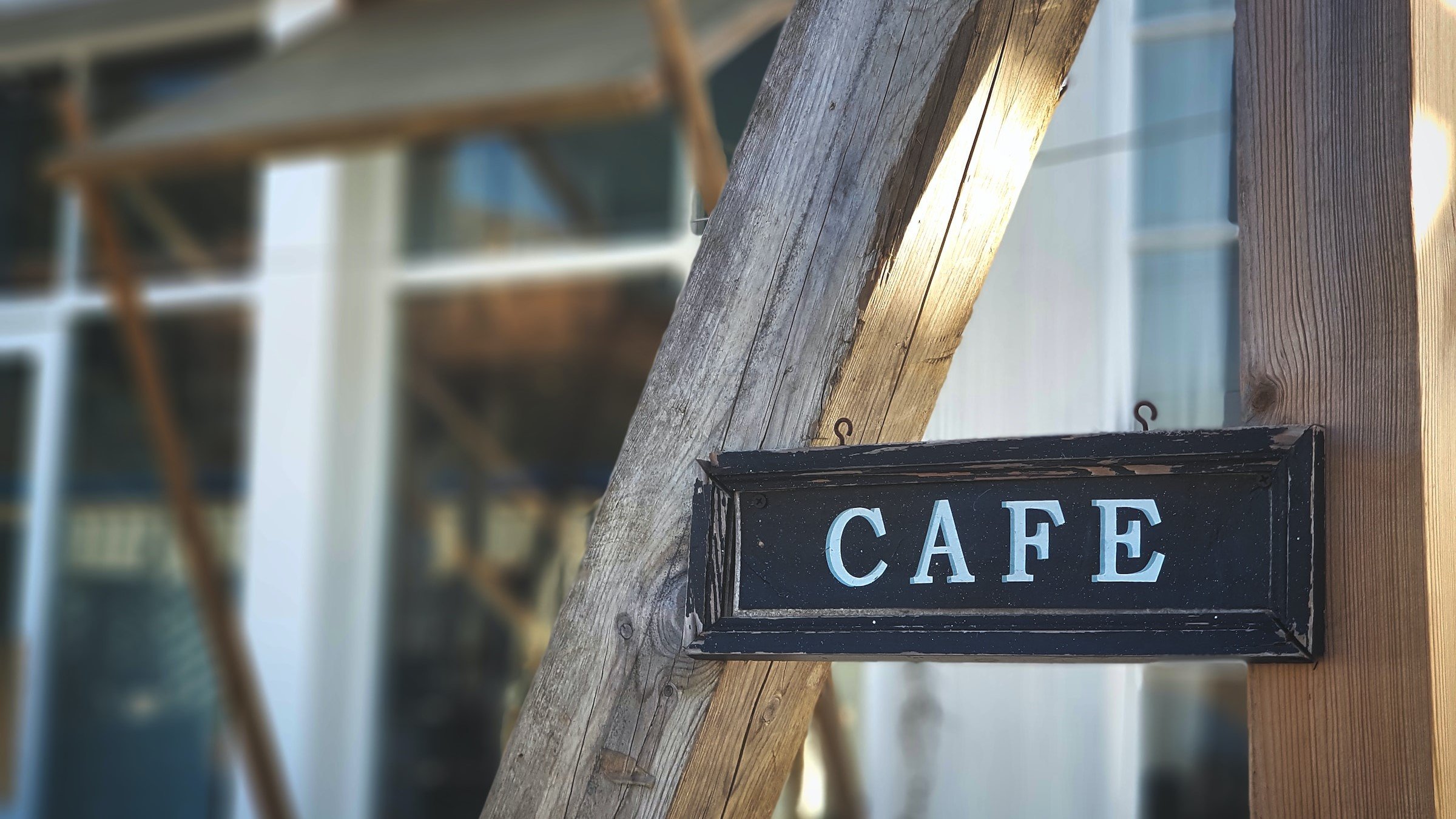
Jul 28, 2023 South Korea's Coffee Wars Jul 28, 2023 Jul 28, 2023

Jul 14, 2023 Camp Coffee, Colonialism, and the Evolution of a Brand Jul 14, 2023 Jul 14, 2023
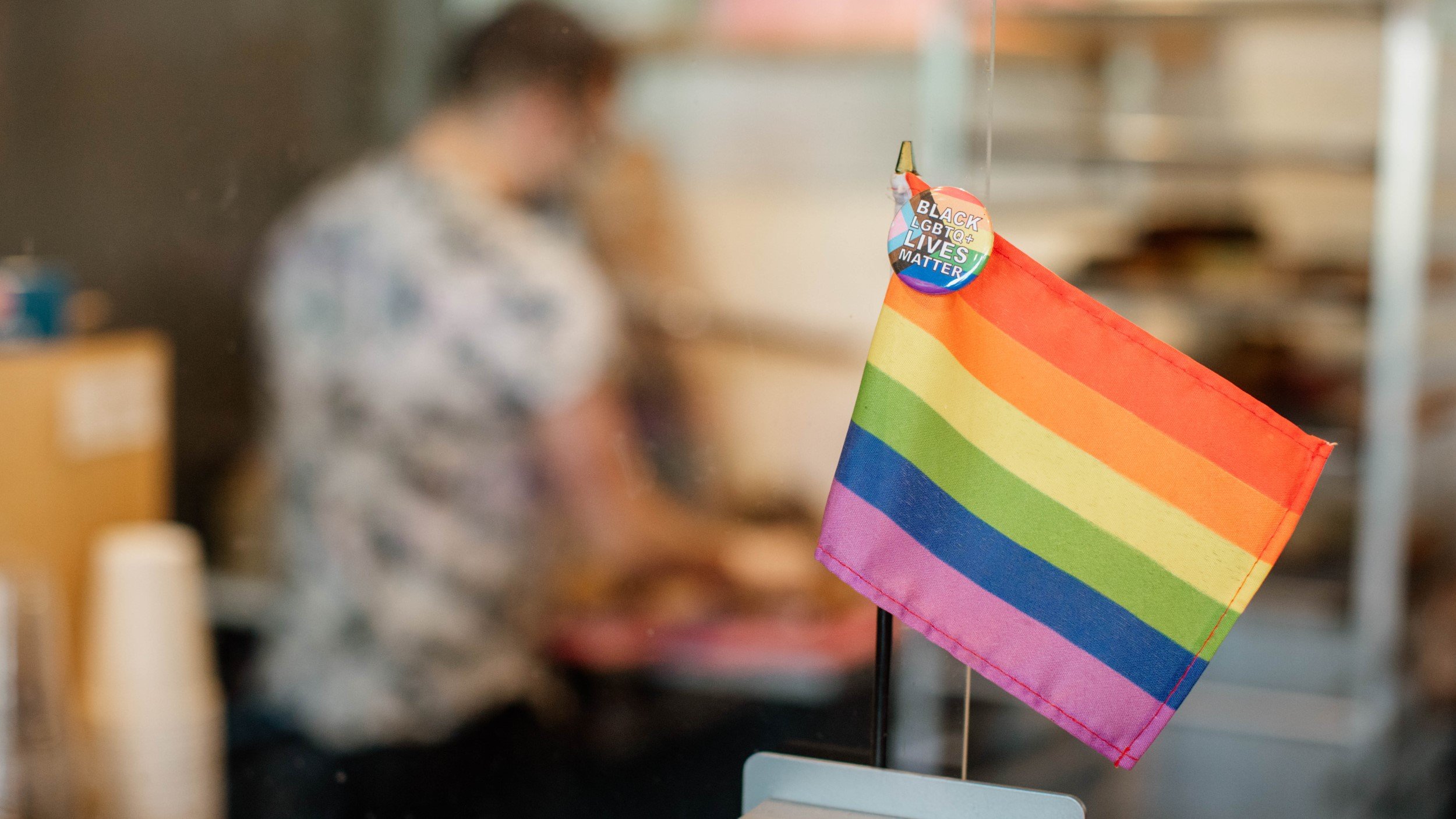
Jun 30, 2023 Defiance and Gay Frog Donuts: How Strange Matter Coffee is Navigating the Anti-LGBTQ+ Backlash Jun 30, 2023 Jun 30, 2023
A newsletter about coffee—its culture, politics, and how it connects to the wider world.